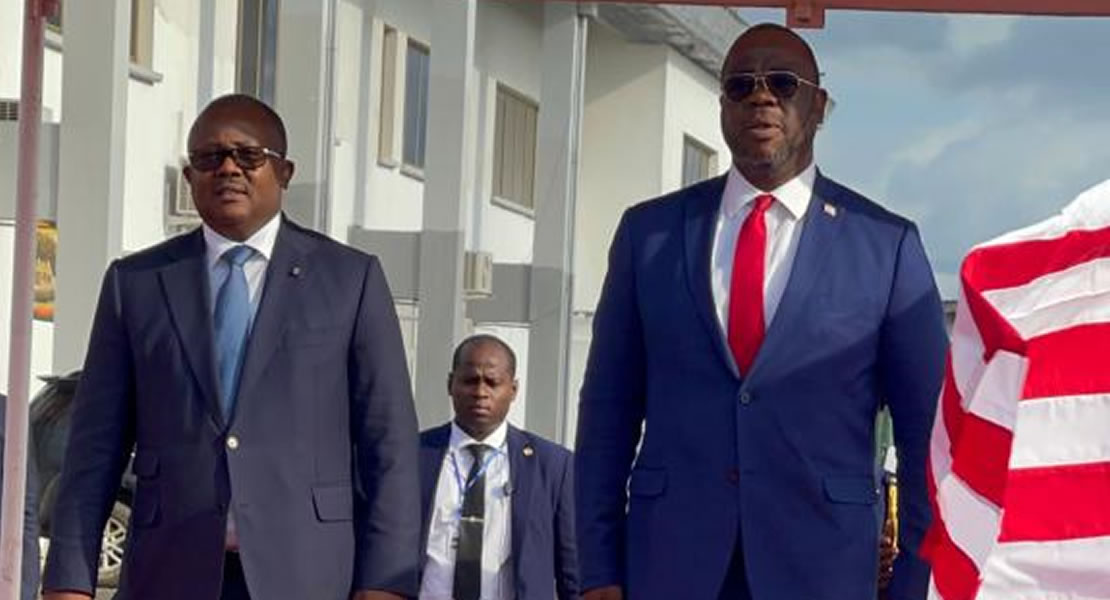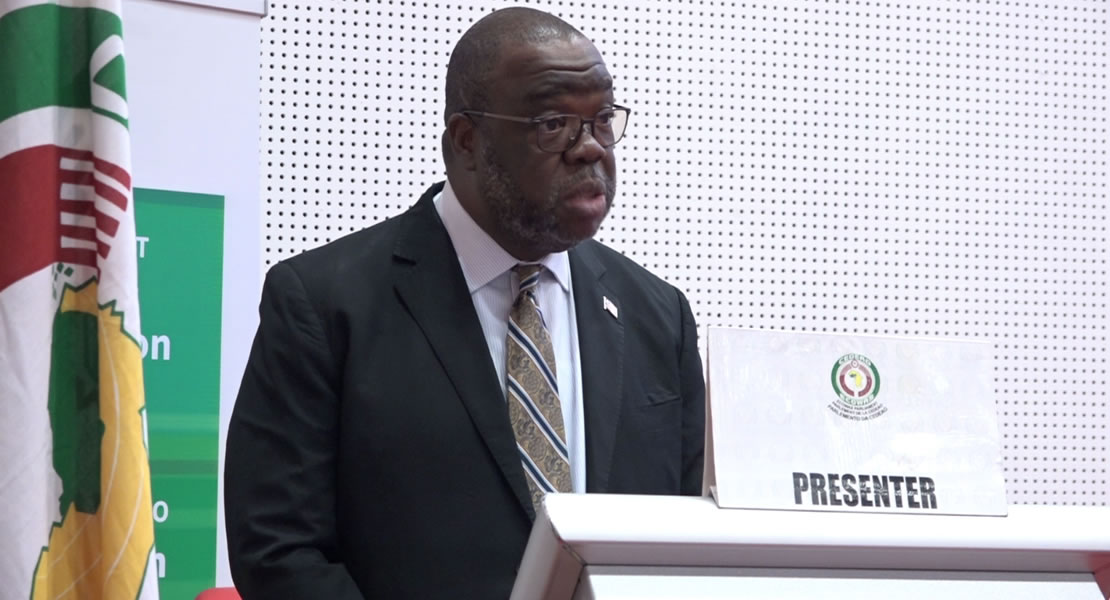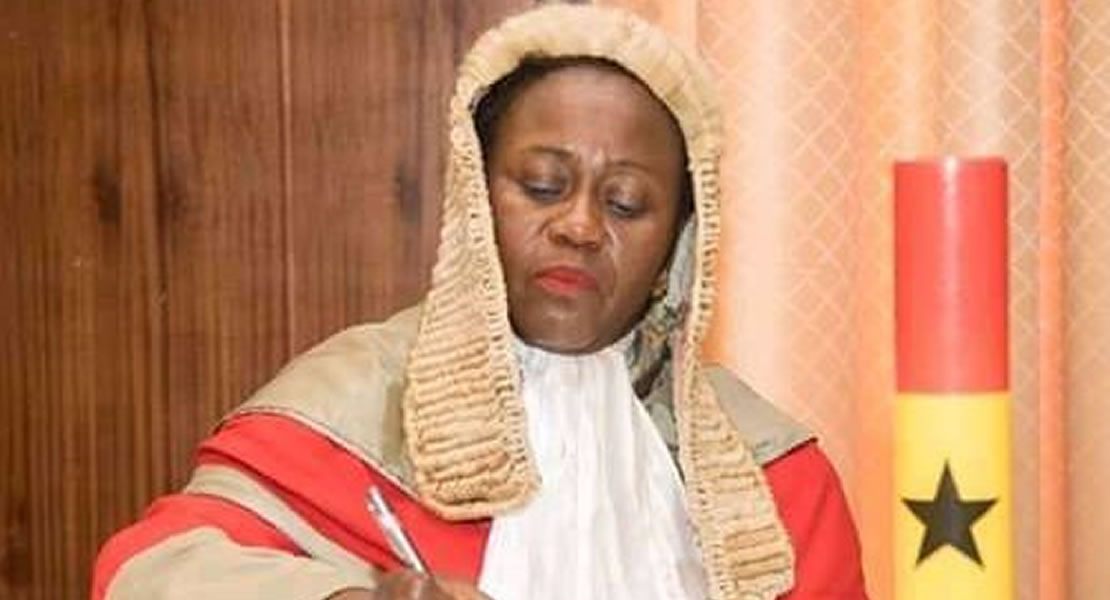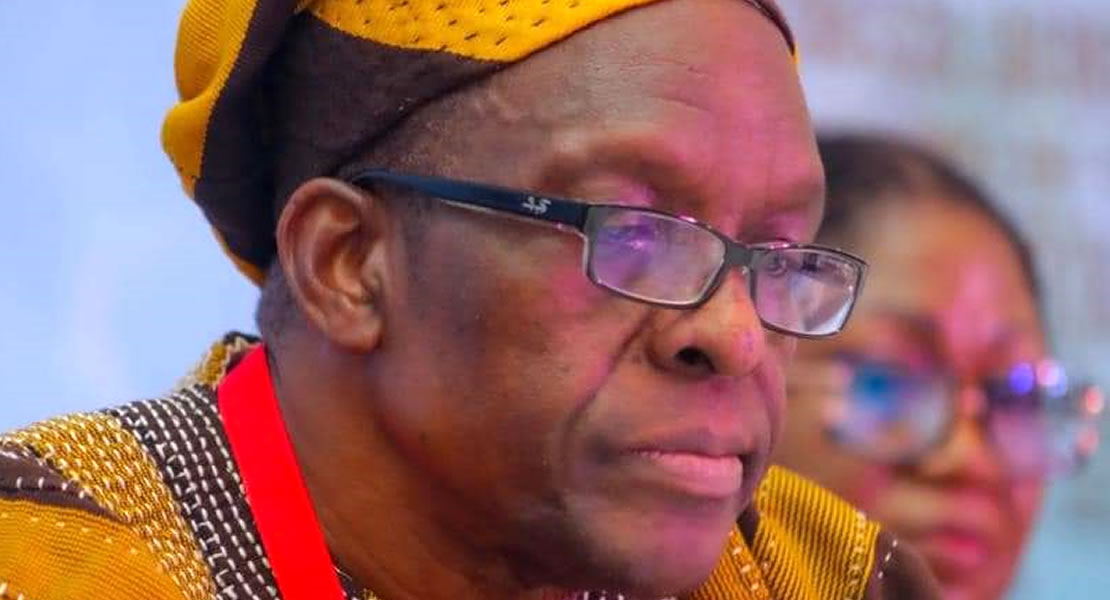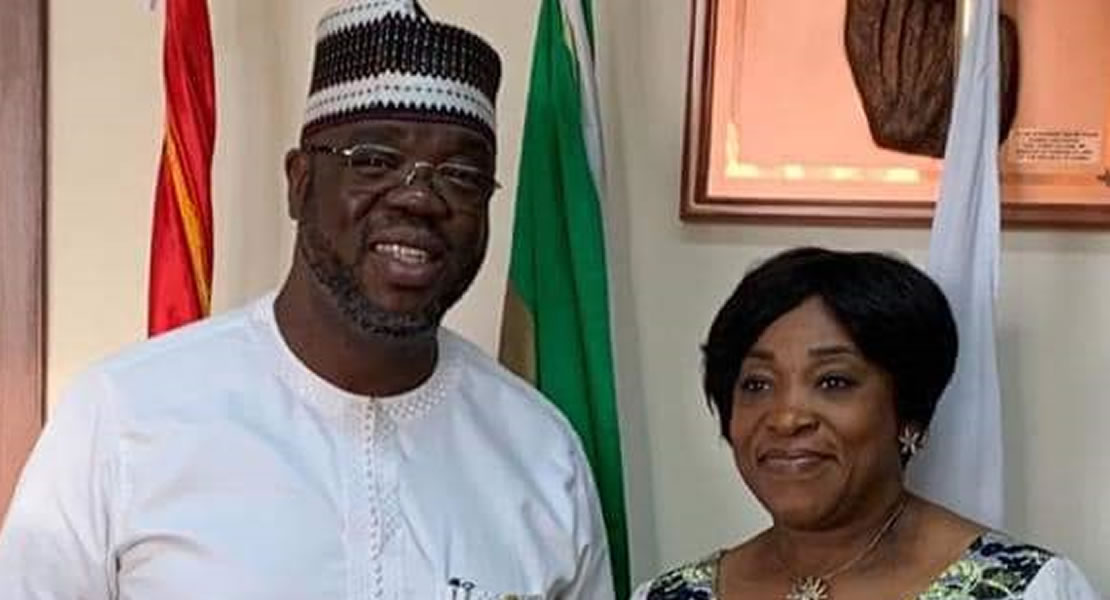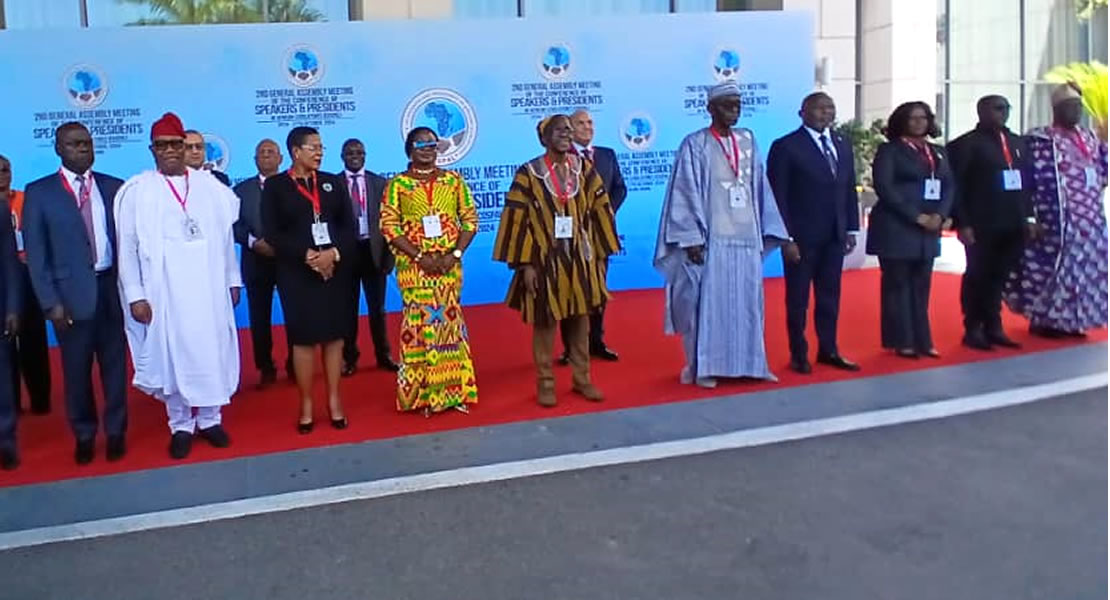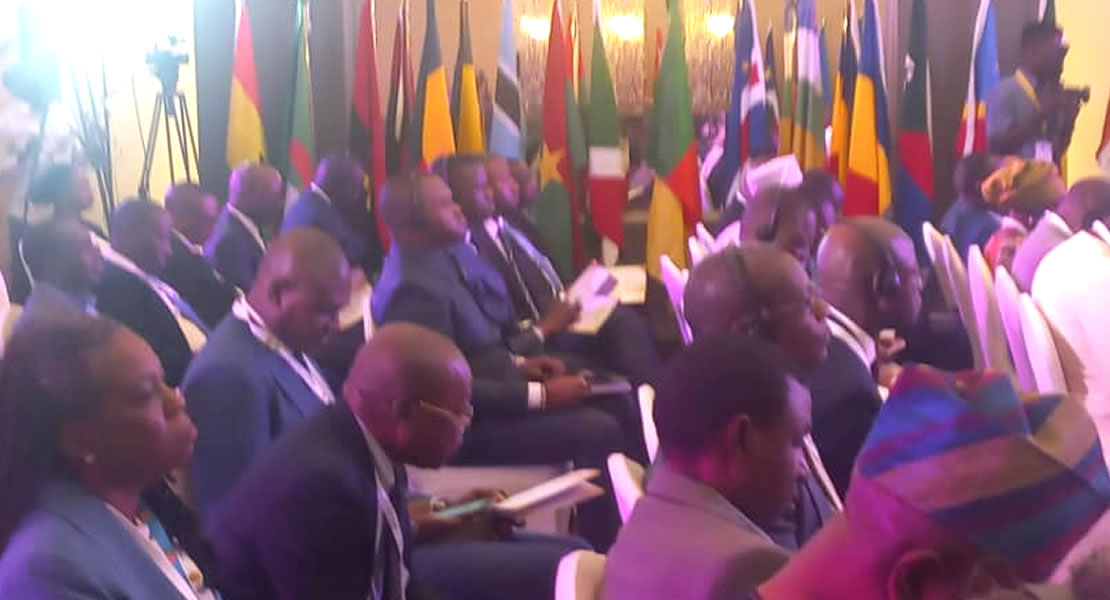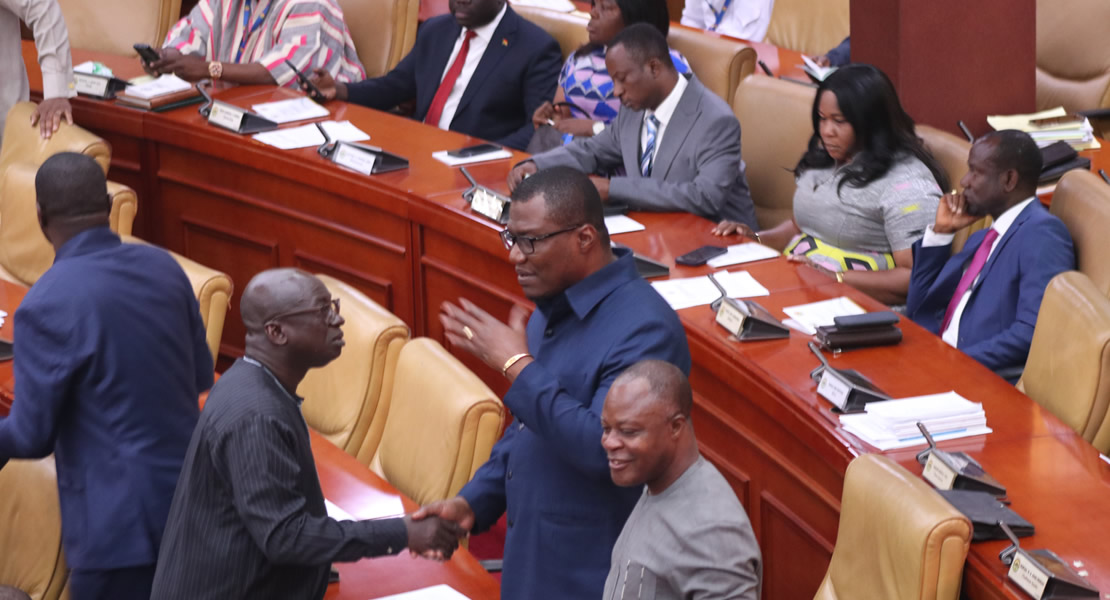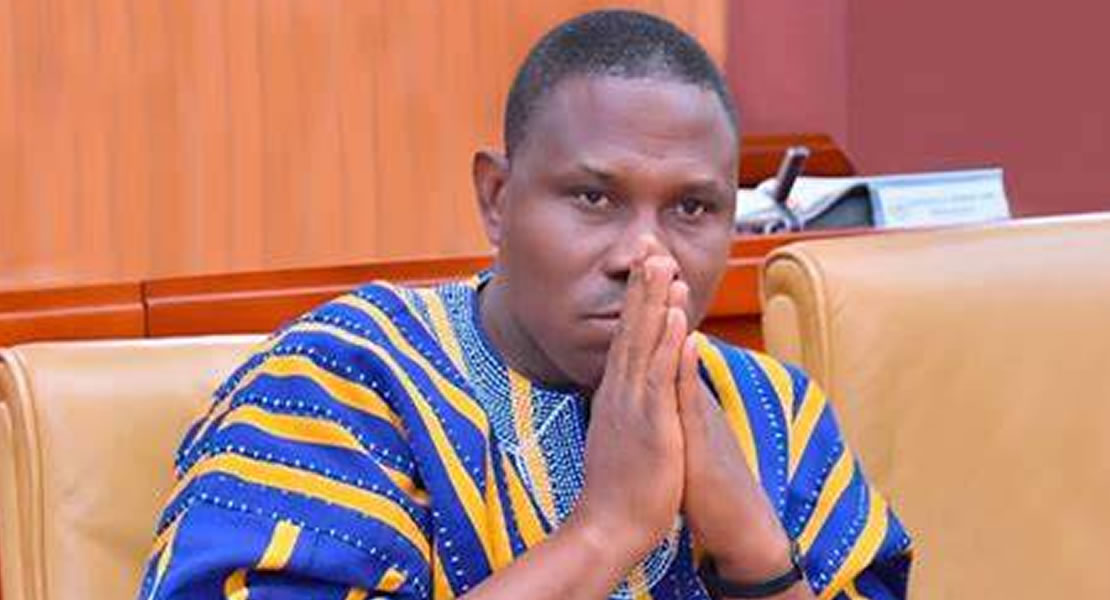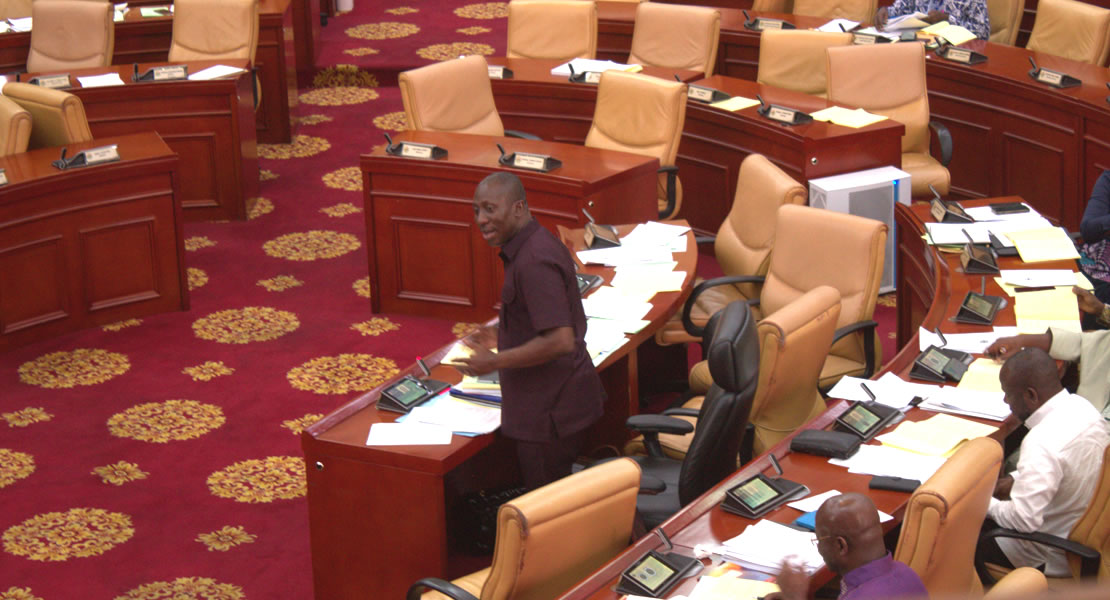President of the Conference of Speakers and Presidents of African Legislatures (CoSPAL), Rt. Hon. Alban Bagbin has challenged the 2nd General Assembly to develop concrete strategies to strengthen the institutional capacity of Parliaments in performing their legislative and oversight roles.
Speaking at the opening of the 2ND General Assembly of CoSPAL in Accra, Ghana, he urged that the two days should be devoted to contributing to the economic development of the continent by considering mechanisms to foster trade, investment, and innovation across the continent.
Parliaments worldwide, he said, including those in Africa, play a crucial role in the socio-economic development and democratic governance through their representational, legislative and oversight functions.
“However, the traditional role of our legislative assemblies has been circumscribed by contemporary global economic challenges, the adverse impact of climate change, and threats to regional and continental security, all of which are changing the dynamics of global governance.
As representatives of the people, our parliaments cannot sit aloof or operate on the fringes of the efforts to combat these challenges. We must be at the centre of those efforts if we are to meet the needs and aspirations of the people we represent”.
“CoSPAL therefore provides a unique opportunity for us, as Speakers and Presidents of African Legislative Assemblies, to lay a strong foundation in the creation of a united and common platform to deliberate on Africa’s developmental challenges and advocate for coordinated solutions” he emphasised.
CoSPAL is meeting to consider and adopt the Draft Constitution submitted by the Interim Technical Working Group (ITWG) that was assigned that responsibility at the first General Assembly held in Abuja, Nigeria in May 2022.
And the President did not mince words in reminding them to approach the deliberations with a positive outlook that will enable CoSPAL not only to create a strong, inclusive and forward-looking association, but also to develop concrete strategies to strengthen the institutional capacity of Parliaments in performing their legislative and oversight roles.
“As Africans, we share a common destiny and face the common enemies of ignorance, poverty, and deprivation. Let us remember that no single country can address these challenges alone. We are politically, culturally and economically interconnected, and collective action is therefore necessary to overcome these challenges”.
“Colleague Presidents, invited guests, as we embark on this journey together, I am confident that through this important CoSPAL platform, our Parliaments will work with the other arms of government and civil society towards fulfilling the aspirations of the people of the continent who have elected us to represent them and to pursue their interests in securing a brighter future for Africa”.
CoSPAL is the first permanent platform that seeks to unite Speakers and Presidents of legislatures across the African continent to support the agenda for Africa’s growth and sustainable development.
It aimed at expanding the frontiers of parliamentary diplomacy by working in close collaboration with executive arms of government and with other regional and international inter-parliamentary organisations, civil society groups, other key stakeholders, and most importantly, in alignment and close cooperation with the African Union.
Ghanamps.com
